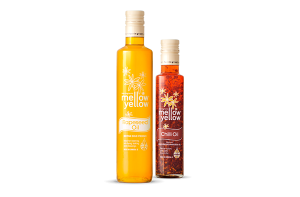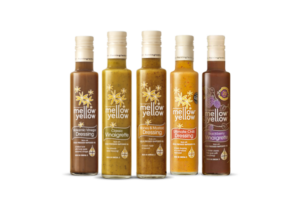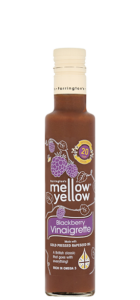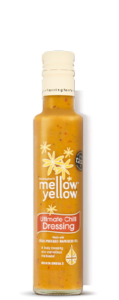July is upon us and I am starting to look forward to harvest which normally arrives around 25th of the month, but will be delayed this year thanks to the delayed spring which has slowed everything up. I think the combine will not start rolling on our farm until at least the first week of August, and when we do start I imagine we are going to have a mixed bag both on crop yields and quality. Overall though it is not going to be anything special this year, so I just hope we have some lovely weather to at least get a good farmer’s tan for the efforts.
Normally we grow three crops on the farm in a crop rotation, ensuring the fields and soil experience different crops each year, as part of a healthy and sustainable farming system. These crops would be winter wheat, winter rapeseed, and spring beans. However this year our rotation is somewhat different to the original plan.
Crops this year comprise of winter wheat, spring wheat, winter rapeseed, spring beans, spring barley and fallow land. Looking around the farm at the moment there is certainly a patchwork feel to the fields, some with good crops, especially the spring barley. Barley is something we have not grown since I was a child, so I do not have much actual experience of it, however at the moment the ears are just emerging which gives the crop a lovely soft hairy look as the crop gently sways in the breeze. ‘Ears’ is the term used for the seed heads on the crop which are the last part of the plant to develop, with the next few weeks being a crucial time to have plenty of sunshine allowing the plant to photosynthesize, to grow bold healthy grains of seed. Combine this with the occasional warm rain and it is looking very promising for the barley. The spring wheat looks equally as promising, whereas the winter wheat and rapeseed vary from good to bad, to downright ugly. At their worse there is either no crop in large parts of the fields or in the case of the wheat, the crop is very thin whilst the weeds are very thick. In these areas, we have resorted to the desperate measure of destroying the crop rather than trying to harvest rubbish.
Last month I had a BBC film crew to the farm again. This time they came with the food writer Nigel Slater, as they are currently filming for a new BBC 1 looking at what different foods we produce in Britain. Also, how farmers grow the raw ingredients, how they are made into finished foods we buy and, no doubt, will end up with Nigel creating something delicious in his kitchen. We had a great day looking at the story behind what goes into making our rapeseed oil, I will keep you posted later in the year if we hear of any dates for airing.
I have now found what I hope to be a great harvest student. We had several applicants for prospective tractor drivers over the busy summer period, all from different parts of the country. I have taken on a young lad from the Scilly Isles, from a farming family who is keen to gain experience in different types of farming. I think farming wheat and rapeseed in Northamptonshire is going to be very different from narcissus and new potatoes in the Scillys. Having met and spoken with him, I am sure he will be up to the challenge and I very much look forward to him joining us in the middle of July.
Farming Diary
From LEAF Demonstration Farmer Duncan Farrington

 Oils
Oils Rapeseed Oil
Rapeseed Oil Chili Oil
Chili Oil Dressings
Dressings Blackberry Vinaigrette
Blackberry Vinaigrette Classic Vinaigrette
Classic Vinaigrette Balsamic Dressing
Balsamic Dressing Honey & Mustard
Honey & Mustard Ultimate Chilli Dressing
Ultimate Chilli Dressing